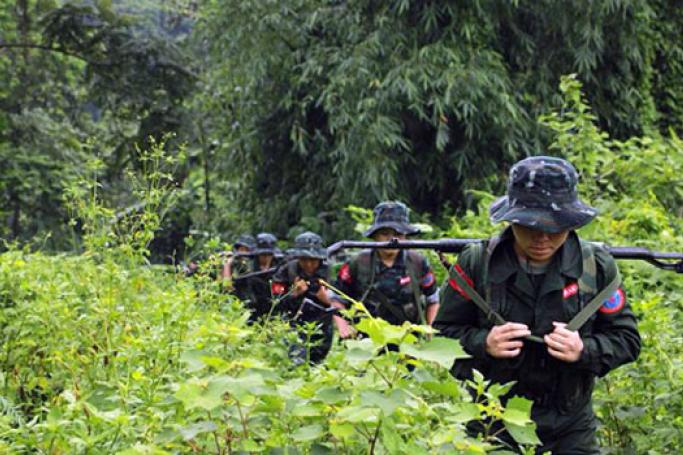Echoing the concerns of UN organisations regarding the escalation of violence and civilian casualties in Rakhine State, UNICEF (United Nations Children's Fund) Myanmar said it ‘ . . . is deeply concerned about reports of killing of children as a result of direct targeting and indirect actions (crossfire, landmines, cluster munitions, improvised explosive devices or other indiscriminate explosive devices), detention and mistreatment of children, as well as the use of schools for military purposes, since the conflict between the Tatmadaw and the Arakan Army intensified in recent months.’
‘Killing and maiming of children is a grave violation of children’s rights. Civilian infrastructures such as schools and hospitals are not places for the military. Their presence puts children, teachers, doctors and other service providers at risk,’ the UN body said in a statement.
‘UNICEF urges all parties to the conflict to ensure the safety of children caught up in conflict, and to uphold their right to protection from all forms of violence at all times. UNICEF calls for children to have access to psychosocial support and mine risk education in schools and communities in all conflict-affected areas. We also call on all parties to protect civilian facilities against the impact of conflict.
UNICEF is working with partners to provide assistance to all children in need as quickly as possible, wherever possible. Along with providing life-saving services, UNICEF has pre-positioned essential learning packages, school kits, and recreational kits in UNICEF and Government warehouses in Rakhine State.
UNICEF is also working with partners across Rakhine State to provide much-needed counselling, psychosocial support, and information on the risks of mines to thousands of children, youth and caregivers affected by the conflict. But we need unfettered and predictable access in order to scale up our work so that all children across Rakhine, receive the life-saving assistance, education, care and special protection they need.’












